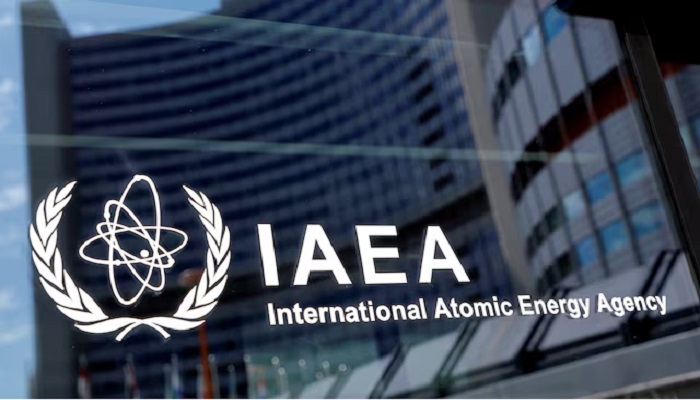
A senior United Nations nuclear watchdog official will travel to Iran for talks on Monday, though no inspections of nuclear sites are scheduled, Iranian Foreign Minister Abbas Araghchi said on Sunday.
Since Israel launched its first military strikes on Iran’s nuclear sites during a 12-day war in June, inspectors from the International Atomic Energy Agency (IAEA) have been unable to access Iran’s facilities, despite IAEA chief Rafael Grossi stating that inspections remain his top priority.
Iran has accused the agency of effectively paving the way for the bombings by issuing a damning report on May 31, which led the IAEA’s 35-nation Board of Governors to declare Iran in breach of its non-proliferation obligations.
Iran, which denies seeking nuclear weapons, said it remained committed to the Nuclear Non-Proliferation Treaty (NPT).
“Negotiations with the IAEA will be held tomorrow to determine a framework for cooperation,” Araghchi said on his Telegram account.
“A Deputy Director General of Grossi will come to Tehran tomorrow, while there are no plans to visit any nuclear sites until we reach a framework.”
Last month, Iran officially suspended its cooperation with the IAEA, citing the agency´s failure to condemn Israeli and US strikes on Iranian nuclear sites.
Israel’s attack derailed nuclear talks between Iran and the United States, which had begun in April.
The talks had been the highest-level contact between Tehran and Washington since the United States abandoned in 2018 a landmark agreement on Iran´s nuclear activities.
Since the 12-day war, Iran has demanded guarantees against military action before resuming any negotiations with the US.
Araghchi recently said Iran has “received messages” from the US side on the resumption of talks, and Sunday, he said that “nothing has been finalised” on that matter.
On July 25, Iranian diplomats met with counterparts from Germany, Britain, and France who have threatened to trigger sanctions against Tehran by the end of August if it fails to reach a deal on its nuclear programme.
The so-called “snapback mechanism” would reinstate UN sanctions under a moribund 2015 nuclear deal between Iran and world powers.
The option expires in October, and Tehran has warned of consequences should it be activated.
“Our contact with the Europeans is ongoing,” said Araghchi on Sunday, adding that a date for the next round of talks has yet to be set.







